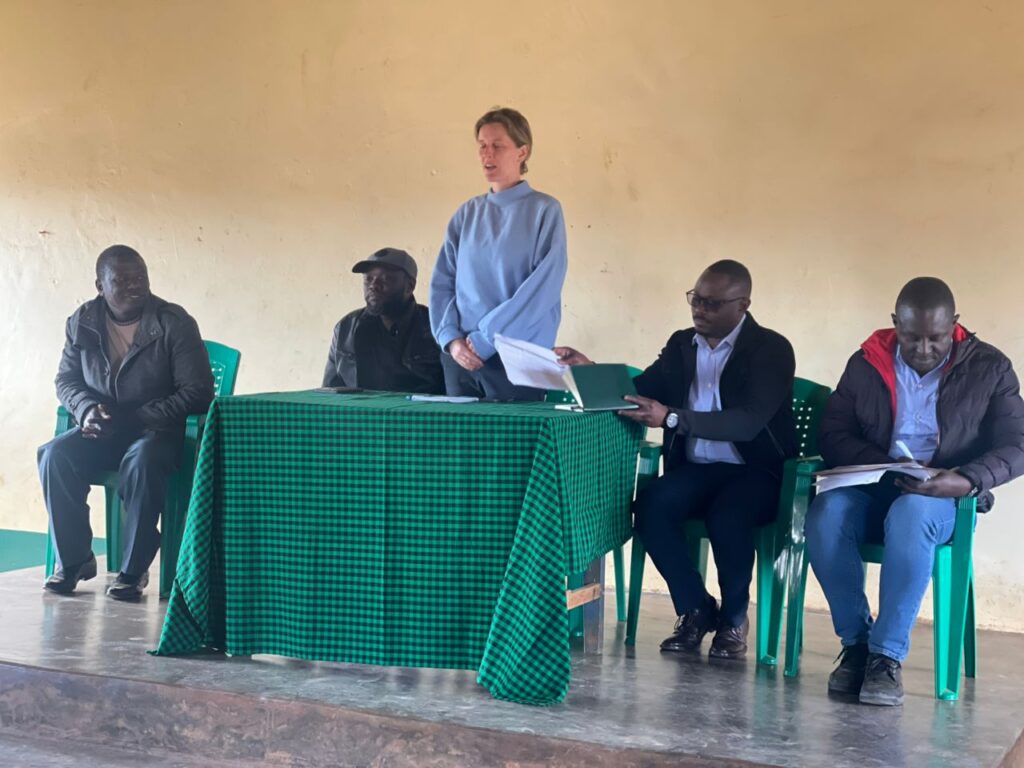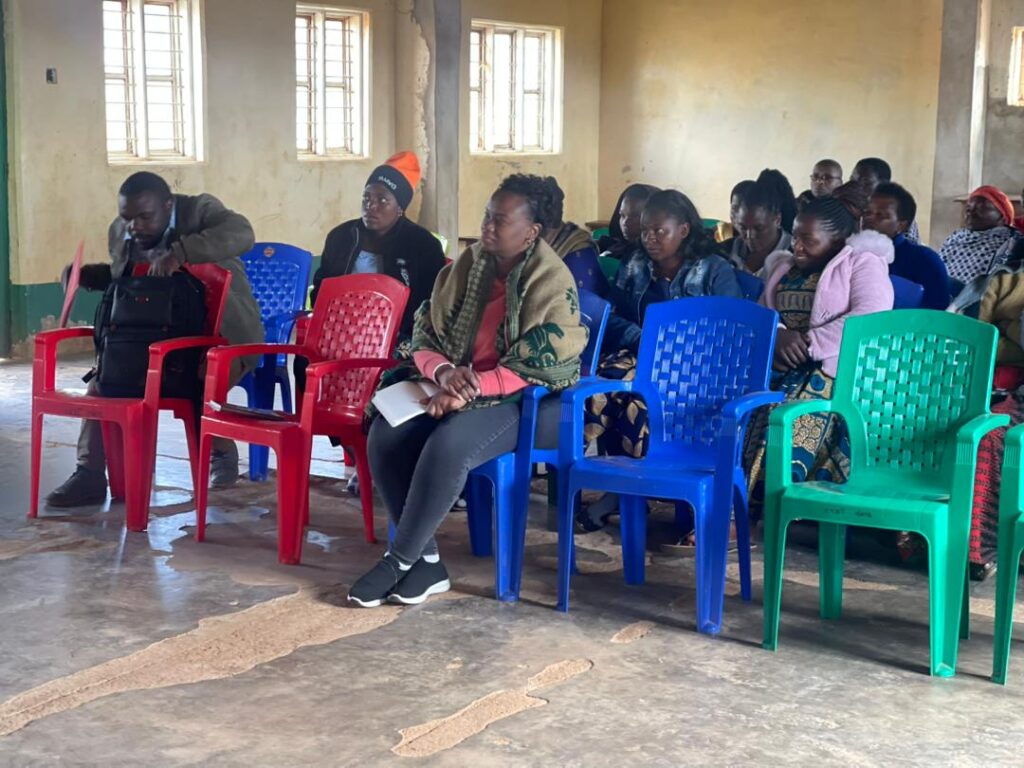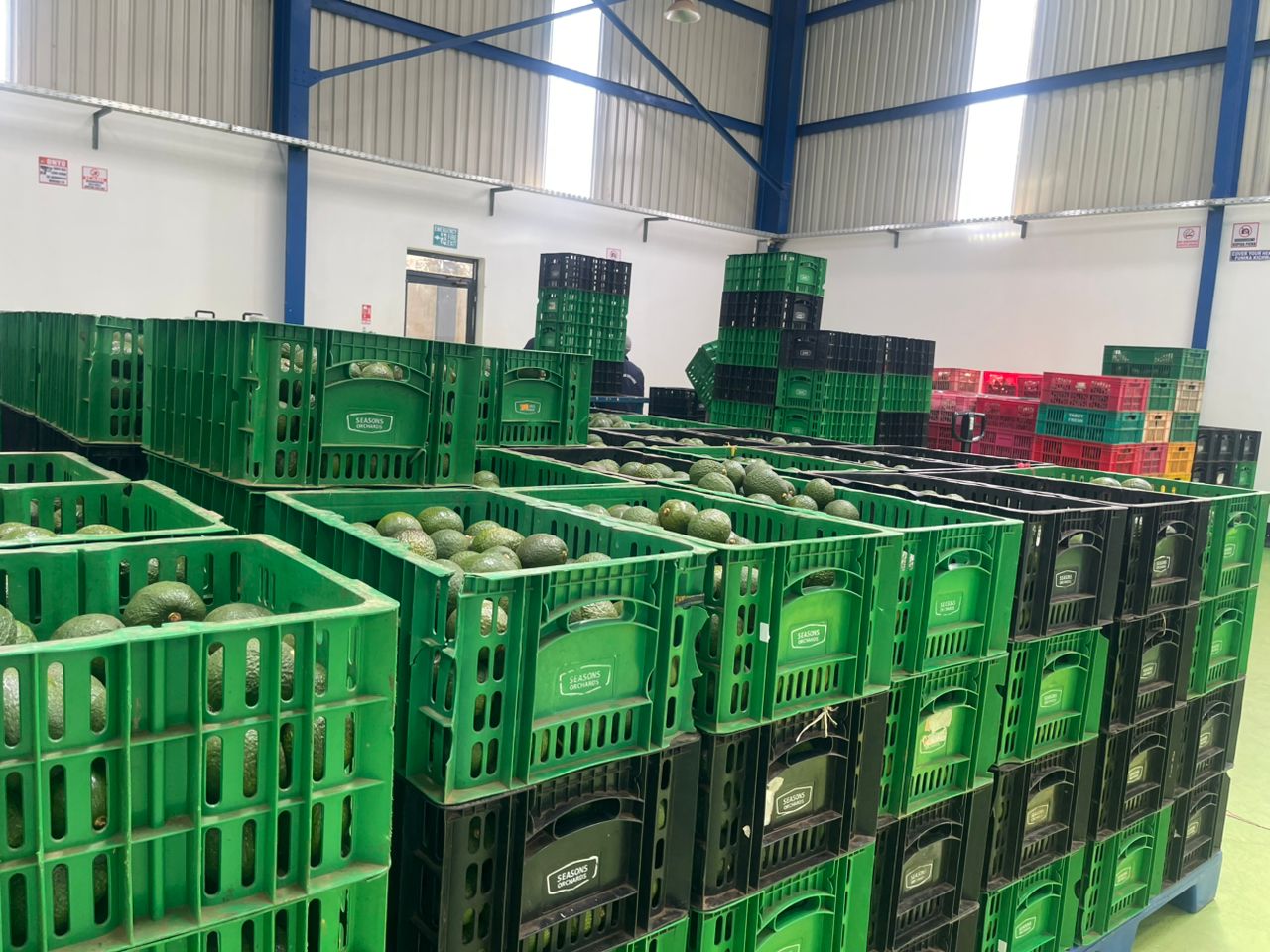In Tanzania’s Southern Corridor, avocado growers are recording higher export volumes, better prices, and stronger market linkages. Over 10,000 farmers have been connected directly to 24 off-takers, avoiding losses to middlemen and securing more predictable incomes. Certification to international standards such as GLOBALG.A.P has opened access to high-value markets in Europe and Asia, with rejection rates falling and buyers showing greater confidence in Tanzanian produce. Annual export values from supported enterprises are projected to rise by 20%, with at least $5 million in new sales attributed each year to the programme.
These outcomes are the result of TradeMark Africa’s (TMA) partnership with the Tanzania Horticulture Association (TAHA), which is tackling structural barriers in market access, standards compliance, and agro-logistics. By integrating capacity building, certification, and policy advocacy, the initiative is creating measurable trade opportunities while increasing the participation of women, youth, and persons with disabilities – already accounting for 40 % of the 700 direct and 3,000 indirect jobs generated.
During a recent field visit to Njombe, Mbeya, and Songwe, core donors from the UK International Development, Norway, and Ireland visited collection centres and met farmer groups and exporters, who are part of this transformation. At the Parasonjo Farmer Group in Njombe, members described how certification has reduced market rejections and secured more consistent contracts. They also acknowledged the challenge of sustaining the TZS 10 million annual renewal fee, pointing to the need for cooperative savings and premium price to maintain certification without external support.

In Mbeya’s Rungwe district, the UWAMARU group demonstrated how cooperative governance, traceability, and controlled harvest windows preserve quality. Their ongoing investment in a packhouse, which has so far cost 129 million TZS will ensure uniform handling, collective bargaining power and branding to give them a competitive edge. Across all sites, farmers reported that visible price boards at collection points have improved transparency, allowing them to negotiate on equal footing with buyers.
Training has been instrumental in shifting production towards climate-smart, market-driven practices. Avocado growers, new to the demands of export horticulture, have adapted pesticide application and harvest timing to meet residue and maturity standards.
The visit also highlighted opportunities to further ease trade beyond the farm. Exporters noted that while challenges remain at Dar es Salaam Port, such as unpredictable berthing schedules and gaps in perishable cargo handling, progress is already being made. At Tunduma, TMA has installed modern scanning equipment on the Tanzanian side, setting a strong foundation for more efficient clearance. Building on this, TMA is working with partners to expand risk-based clearance schemes, integrate border IT systems, and enhance national dialogue on perishable goods handling, creating momentum for smoother and more predictable cross-border trade.

The momentum is evident, with structured markets, certification, and logistics reform working together to strengthen Tanzania’s position in global horticulture supply chains. Building on this progress, the next phase will prioritise scaling certification support with embedded sustainability plans, expanding cooperative-managed packhouses to improve quality control and aggregation, and deploying digital platforms to increase pricing transparency. Through coordinated action across these areas, the sector can extend its presence in export markets while generating higher and more stable incomes and employment opportunities in rural communities.


